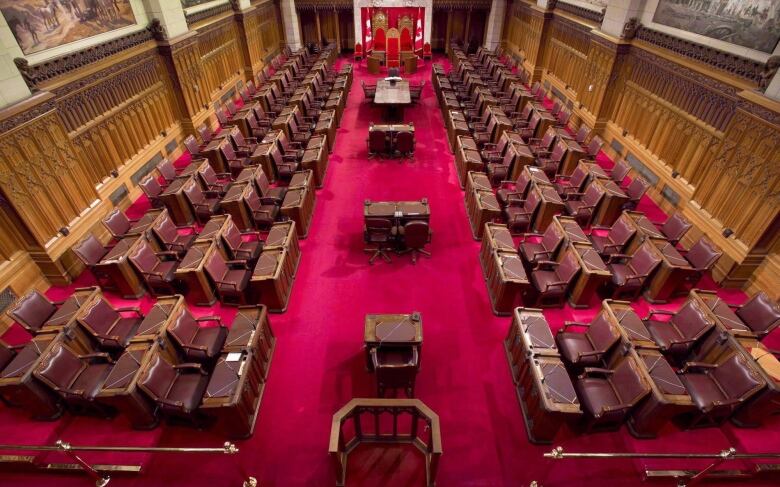New Brunswick sets out rules to allow physician-assisted death
Crown prosecutors given directive outlining circumstances for no prosecution in physician-assisted death

Crown prosecutors in New Brunswick have been given a new directive outlining the circumstances in which criminal prosecutions won't take place for physician-assisted death.
The provincial directive by New Brunswick Public Prosecution Services takes effect immediately.
The RCMP and municipal police forces will be informed in the coming days to consult with the public prosecution service before opening an investigation into a health professional taking part in a physician-assisted death.
- College of Physicians releases assisted suicide guidelines
- Assisted death guidelines in place in all Canadian provinces
"The services wish to offer assurance that health professionals participating in the provision of physician-assisted death within the criteria established by the Supreme Court of Canada's decision in Carter will not be prosecuted in New Brunswick," states the prosecution service in a news release.
The Supreme Court of Canada ruled in 2015 that Canada's law prohibiting physician-assisted death was unconstitutional.
The federal government was given until June 6, 2016, to draft a law allowing for physician-assisted death.

The proposed law advanced through the House of Commons by the deadline, but remains before the Senate, leaving the provision of assisted-dying services in legal limbo.
"Clarity was required in detailing the circumstances in which a physician-assisted death can be legally provided," said the prosecution service in its news release.
'No reasonable likelihood of conviction'
The directive states physician-assisted death requires the skills and collaboration of a team of health care providers that mayinclude physicians, nurse practitioners, registered nurses, registered psychiatric nurses, licensedpractical nurses, respiratory therapists paramedics, psychologists, social workers pharmacistsand others.
"The assistance of the health care team in a non-criminal action is not an offence under the Criminal Code," states the directive.
"There is no reasonable likelihood of a conviction for charges" under the section of the Criminal Code for counselling or aiding suicide for physicians and health-care professional providing physician-assisted death in compliance with the Supreme Court of Canada's ruling.
"Accordingly, no prosecution pursuant to Section 241 will be commended orcontinued against physicians or any member of the health care team including pharmacists, nurses, other health professionals or their respective employers, who dispense a drug, provide physician-assisted death, or otherwise participate, under the direction of a physician, in a physician-assisted death that falls within the guidelines set you by the Supreme Court of Canada in Carter 2015.
New Brunswick is the latest province to issue a directive to Crown prosecutors on how to handle assisted death cases.
In December, Quebec instructed its Crown prosecutors not to pursue any doctors who perform assisted death operations.
Recently, Alberta andNewfoundland and Labrador also set down similar rules.
With files from Canadian Press












_(720p).jpg)


 OFFICIAL HD MUSIC VIDEO.jpg)
.jpg)



























































































